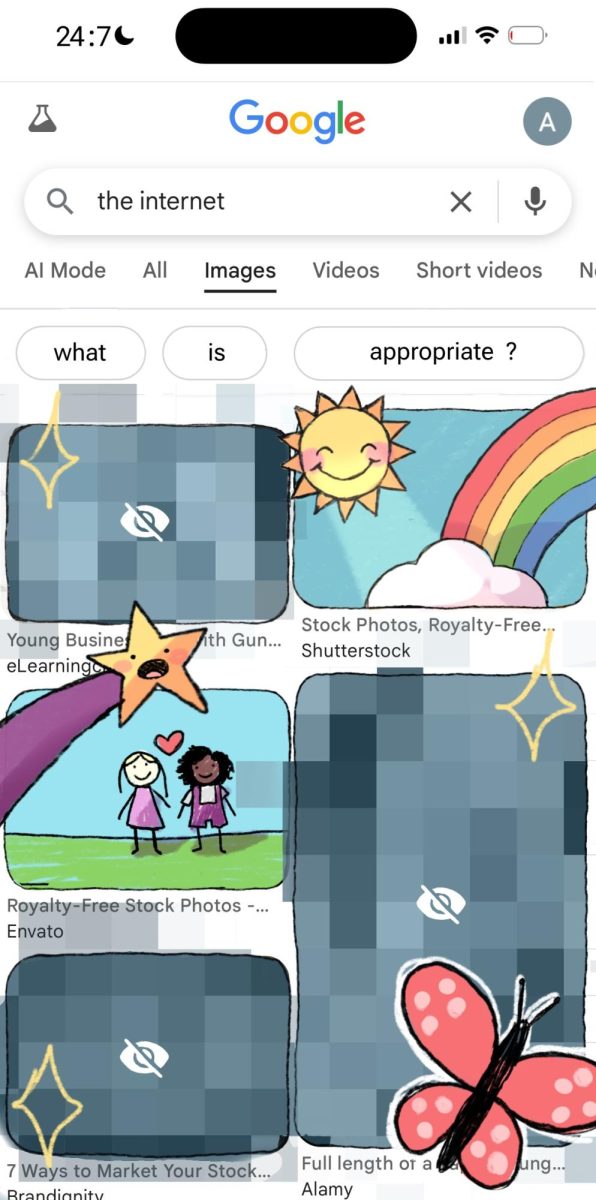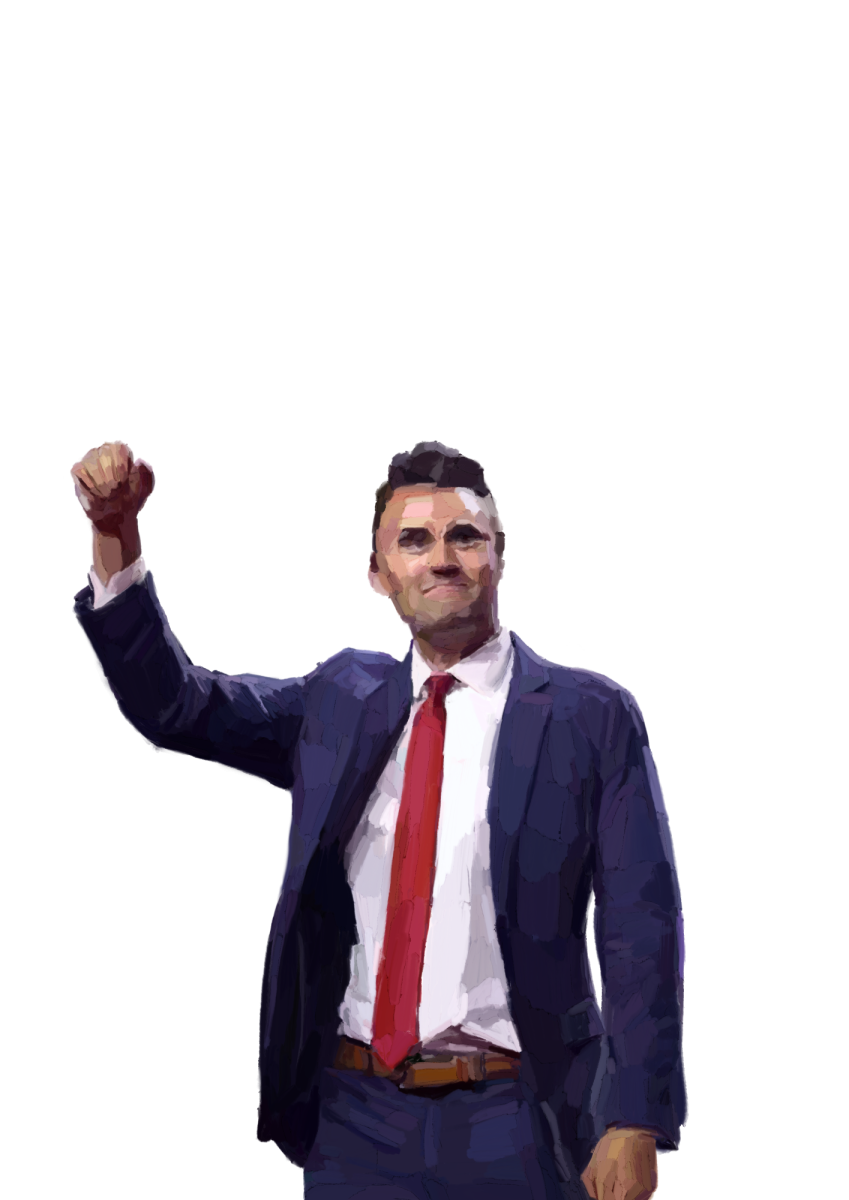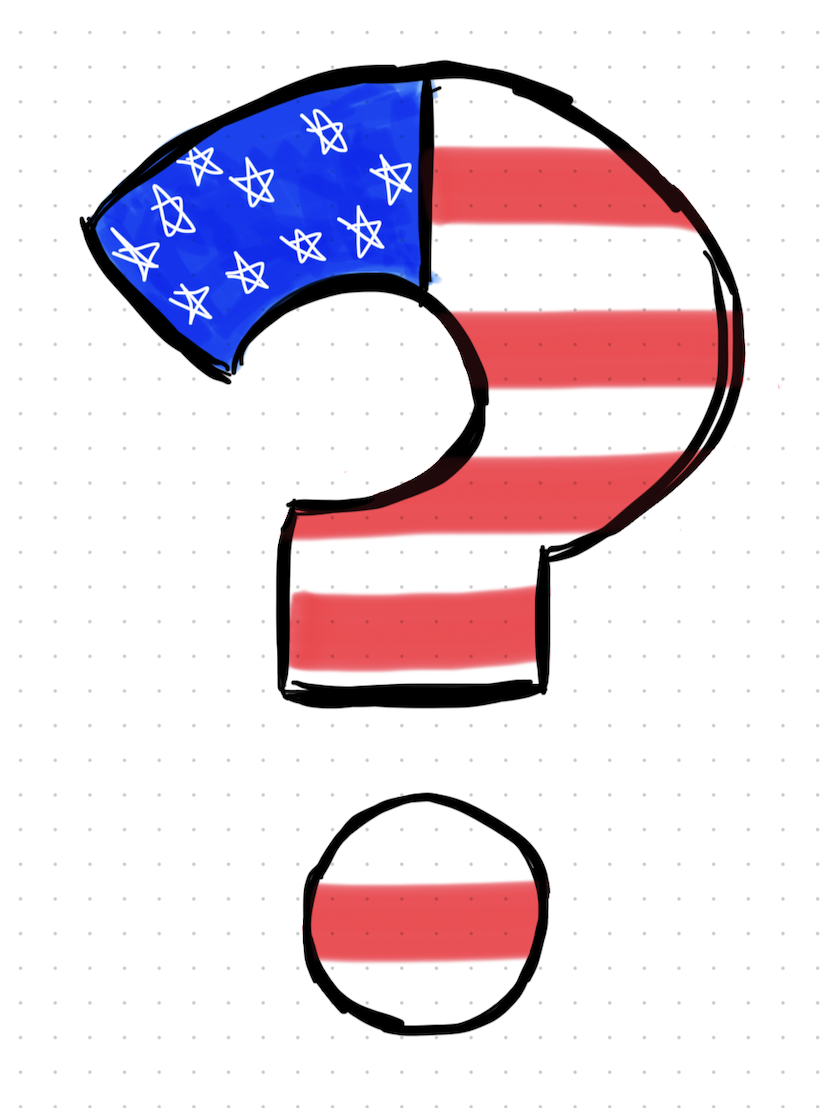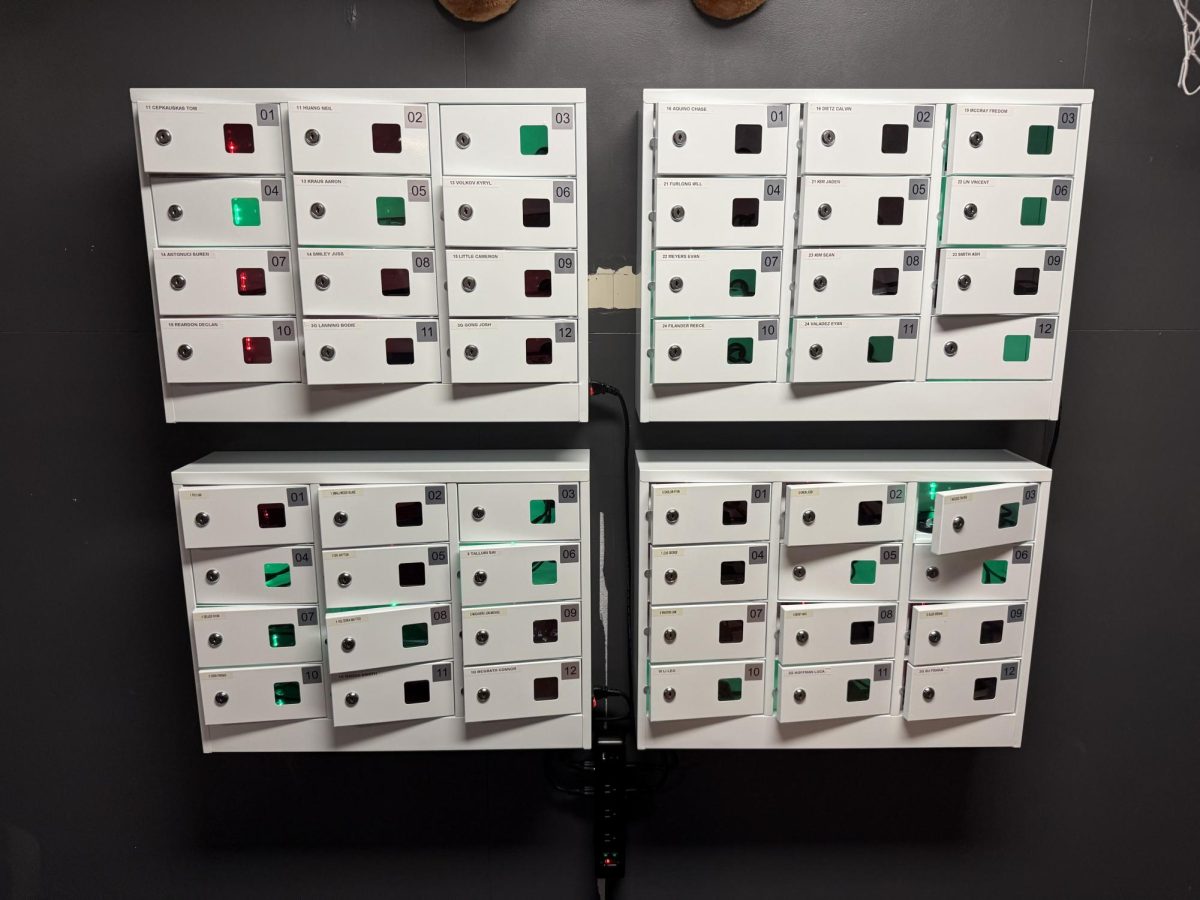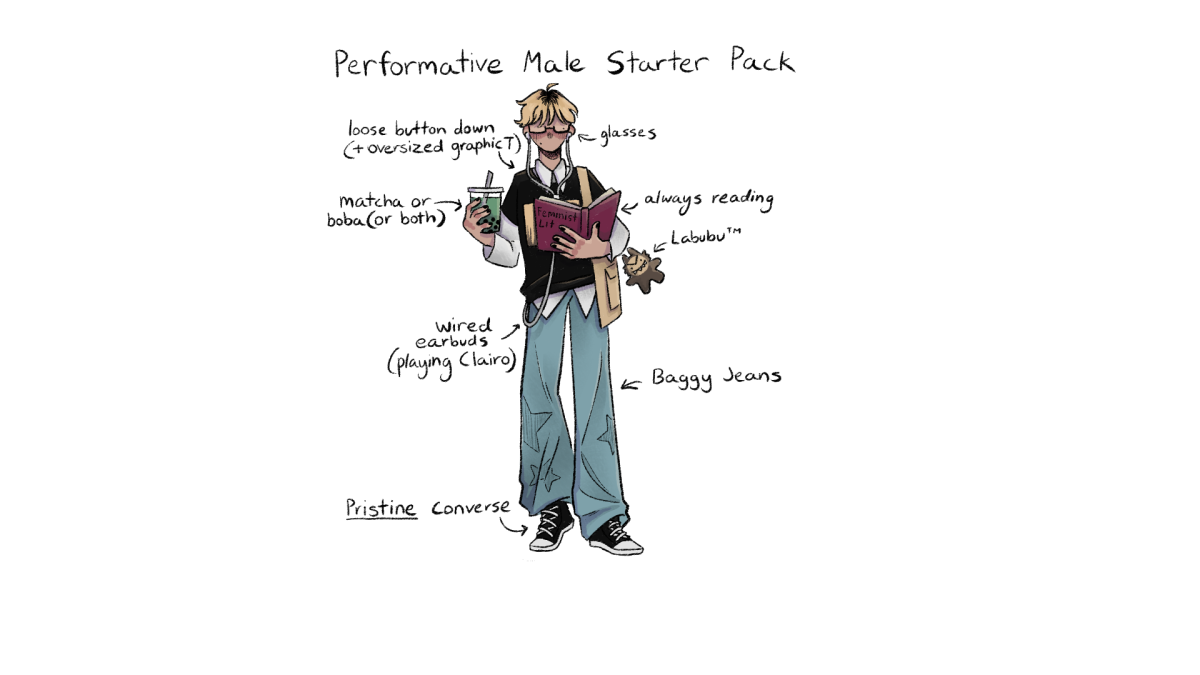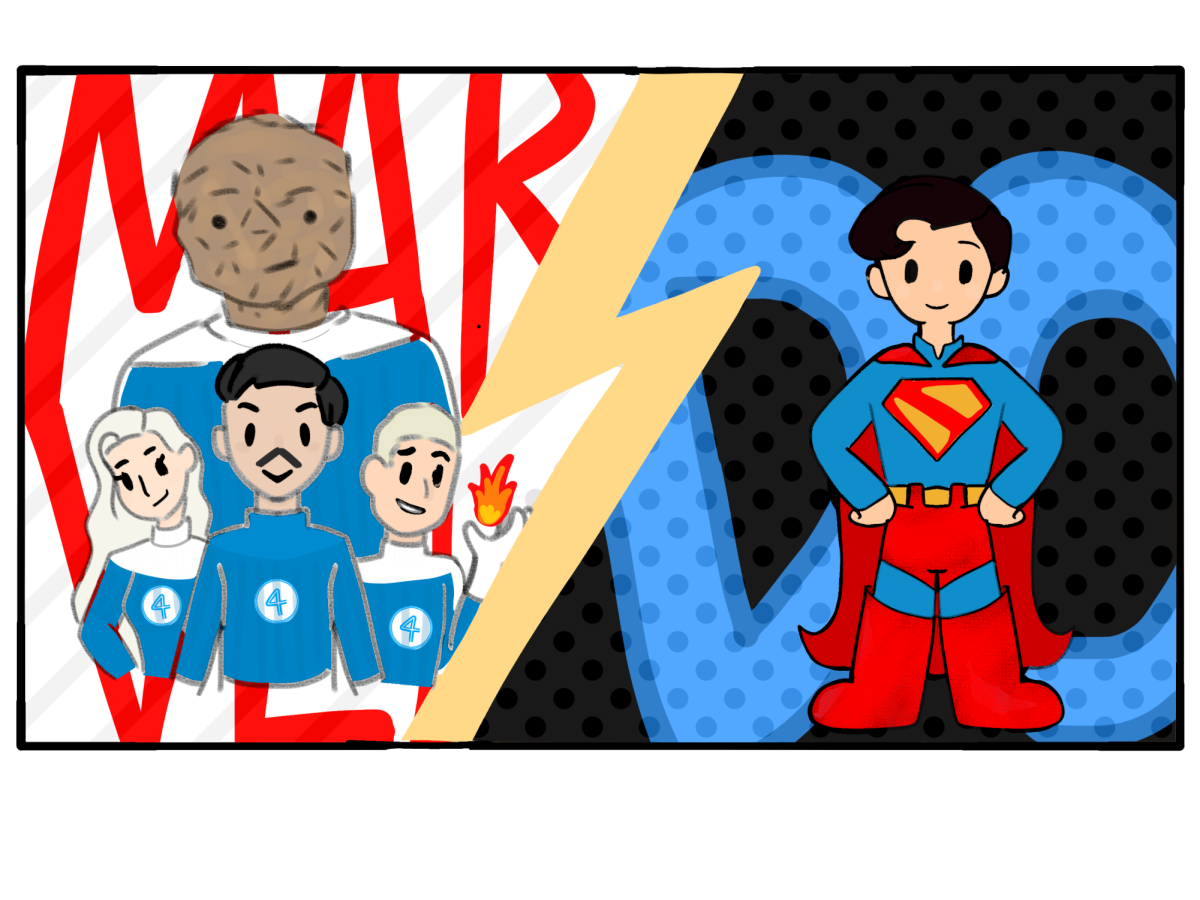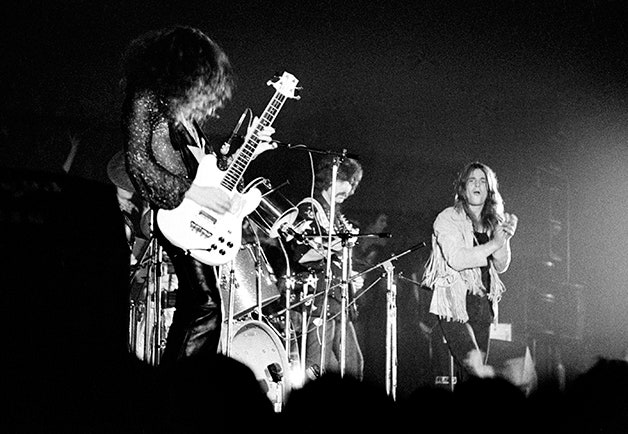Fifty years ago was the beginning of the ‘70s, and as with the start of each decade in the 20th century, popular music began to take a new form: the ‘90s had grunge and hip-hop, the ‘80s had synthpop and hair-metal and the ‘70s… rock! (Not to mention soul, disco, and funk). Alas, 50 years ago, in 1970, a small band from Birmingham, England would arrive at the start of this decade and create a completely new genre of music, unheard and unexpected by the rest of the world.
The first song, “Black Sabbath,” on the album “Black Sabbath,” by the band Black Sabbath changed music FOREVER. Undoubtedly the heaviest, gloomiest and darkest music that had ever been created, there was nothing that sounded like it upon its release in February 1970. Featuring iconic riffs from the brilliant Tony Iommi, driving bass lines and suitably gnarly lyrics from Geezer Butler, funky, hard-hitting and jazzy drums from Bill Ward and of course, the incredible voice and crazy mind that is Ozzy Osbourne. At the time, the record label, Vertigo, had little faith in the album and subsequently made the band record a cover of “Evil Woman,” in order to release as a radio-friendly single… “Evil Woman” has since become regarded as one of the band’s worst songs, not to mention Vol. 4’s “Changes,” a song formed via similar consequences.
Sabbath’s first album is their rawest and the band shows their influence most overtly on the track “The Wizard.” The song opens with a harmonica solo by Ozzy, soon thundering into a signature Iommi-fuzzed-out-blues riff with a magnificently complicated jazz drum part which will leave you asking where Bill Ward keeps his other two arms! Interesting fact, Ward used a Buddy Rich signature kit on this album and has been very vocal about how influential Rich, Gene Krupa, and big band jazz was on his playing. Other highlights from the album include the aforementioned title track, “Behind the Wall of Sleep” and “N.I.B.” Additionally, I would encourage you to check out the Rolling Stone article linked at the bottom of this piece.
Seven months later they released the hugely successful and famous “Paranoid,” which again showcased the band’s gut-punching riffs and incredible groove. Every track on the album is iconic and deserves to be heard, from the instantly recognizable “War pigs,” “Iron man” and “Paranoid,” to the second-side-gems of “Fairies wear Boots” and “Hand of Doom,” and the beautifully calm “Planet Caravan.” There’s not much to say about this album that hasn’t already been said, it is virtually perfect. If you want to experience the true musicianship of this masterpiece, search for the full album on Sabbath’s official YouTube page and you will be greeted with an instrumental mix of the album – here the drums have such a greater clarity and Ward’s playing is rightly showcased. It also allows the listener to focus on the way Geezer’s bass dances around Iommi’s riffs and oozes into the spaces between distorted guitar strums and Ward’s lightening-like drum fills.
A final thought, Black Sabbath are not underrated, they are hugely successful. However, they are underappreciated and far too often overlooked in favor of their contemporaries, Led Zeppelin, which is frankly ridiculous and unfair. Sabbath recorded their first album in three days and their second in 6 on a small record label with no engineers. Zeppelin on the other hand was signed to Atlantic Records from the get-go and worked with fantastic engineers and producers. So OF COURSE a Zep record sounds more polished and is bound to be a more commercially friendly sound.
They aren’t comparable bands; they aren’t comparable because Black Sabbath is far and away better.
I look forward to your emails.
www.rollingstone.com/music/music-features/black-sabbath-jazz-swing-influence-bill-ward-948231/






